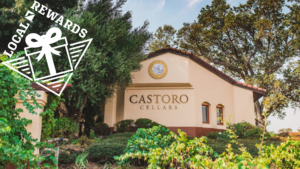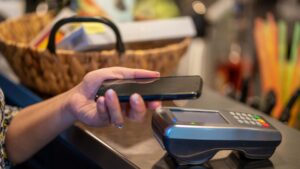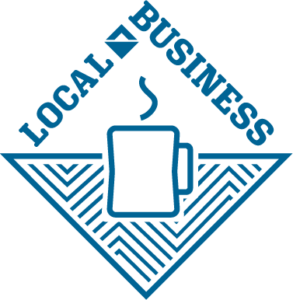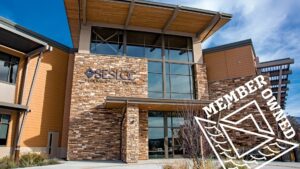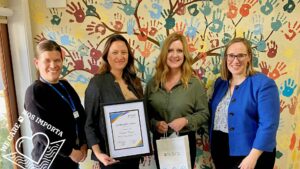Savings Accounts

Savings Accounts
Financial health starts here.
Our savings accounts offer tiered dividends (higher balances earn higher rates) and easy access to your money.
Share Savings Account
Become a SESLOC member with a $5 non-refundable membership fee and a $5 minimum deposit into your Primary Share Savings account. Once your membership is established, you can immediately take advantage of all the benefits of Credit Union membership. Additional savings account products are below, but be sure to explore more options in our retirement section.
Share Certificates
Watch your money grow. Earn high yields on long-term funds while saving for planned purchases.
Money Market
Earn higher dividends while maintaining access to funds for new expenses or emergencies.
Open Your Savings Account Today
NOT A MEMBER?
Join and open an account online in minutes.
CURRENT MEMBERS
Open an account in Online Banking.
Save to Win and Building Block certificates may also be opened online.
You can also visit any branch or call our Contact Center at (805) 543-1816.
For additional information, see How to Join »
Change it Up
Our Change it Up savings program allows you to round up your everyday debit card purchases to make an automatic deposit into your Savings account.*
*Terms, conditions, restrictions and eligibility apply. See details.
It’s an easy, automatic way to save money.

Your Money is Safe at SESLOC
Accounts are insured to at least $250,000 by the National Credit Union Administration, a U.S. government agency.

PEOPLE ARE MORE IMPORTANT THAN PROFITS
New to credit unions? Learn more about our philosophy and how your money stays local.
Tips for Financial Health
From the News+ Blog
5 Signs You’re on the Path to Becoming Financially Aware
Here are five signs that indicate you’re on the path to becoming financially aware.
Hidden Savings: Commonly Overlooked Tax Deductions
Tax filing deadlines are approaching… have you filed yet? To lessen the anxiety of the season, take this opportunity to explore overlooked deductions that can help lower your tax bill.
10 Financial Moves to Kick Start 2024
Focusing on your finances in the new year? Get started with this easy 10 step financial wellness action plan:
